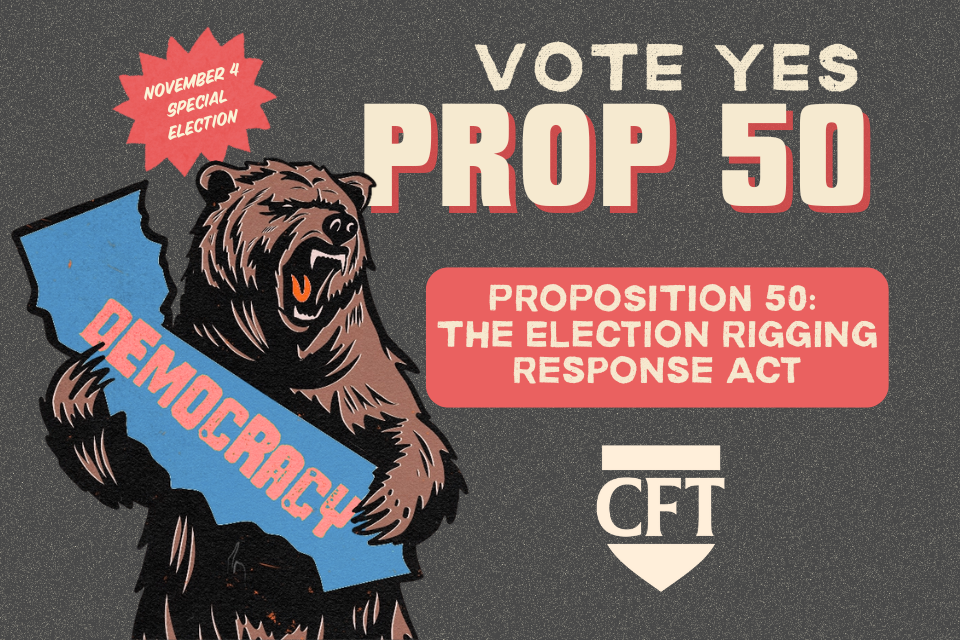California Proposition 50 Sees Over $100 Million in Political Ad Spending, Support Outspends Opposition by 2.5:1

Sacramento, California – California Proposition 50, a measure concerning congressional redistricting, has attracted over $100 million in political advertising spending, with proponents significantly outspending opponents. Data from AdImpact Politics reveals that support campaigns have invested $78.8 million, while opposition efforts have spent $30.3 million. This substantial financial disparity highlights the high stakes surrounding the upcoming vote.
The proposition, officially known as the Use of Legislative Congressional Redistricting Map Amendment, seeks to temporarily replace the state's current congressional district maps with new, legislatively drawn ones. This move is a direct response to redistricting actions in other states, particularly Texas, which California's Democratic leadership views as partisan gerrymandering. If passed, the new maps would be used for elections starting in 2026 until the California Citizens Redistricting Commission draws new maps after the 2030 U.S. Census.
Recent spending figures underscore the imbalance, with AdImpact Politics stating, "> Since 10/12, advertisers opposing Prop 50 have only spent $341k, compared to $26.8m from those supporting the prop." This indicates a late surge in advertising by supporters in the final weeks leading up to the special election. The proposition aims to potentially shift several congressional districts to favor Democrats, a strategy championed by Governor Gavin Newsom to counter perceived Republican gains elsewhere.
Proponents, including Governor Newsom and the California Democratic Party, argue that Proposition 50 is necessary to "level the playing field" and protect voter representation against partisan tactics. Opponents, such as former Governor Arnold Schwarzenegger and the California Republican Party, have framed the measure as a "power grab" that undermines the independent redistricting commission established by voters. The significant ad spending reflects the intense partisan battle over the state's electoral map.
The outcome of Proposition 50 could have profound implications for California's political landscape and the national balance of power in the U.S. House of Representatives. With early voter turnout exceeding expectations, particularly among registered Democrats, the financial investment by supporting campaigns appears to be a critical factor in shaping public opinion on this contentious issue.